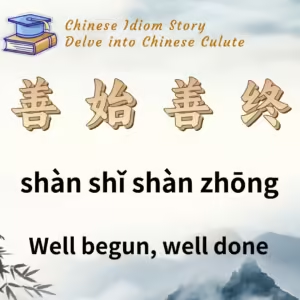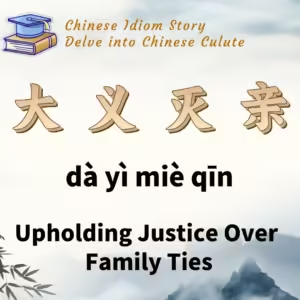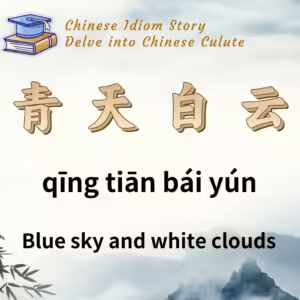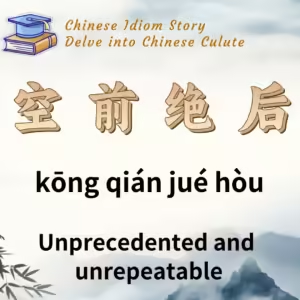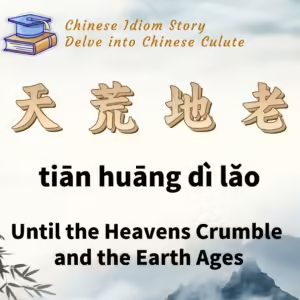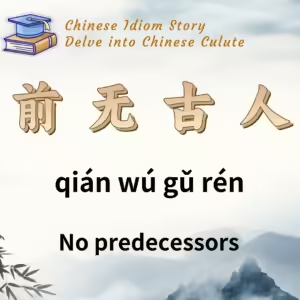
Chinese Idiom: 前无古人 (Qian Wu Gu Ren)
English Translation: No predecessors
pīn yīn: qián wú gǔ rén
Idiom Meaning: This idiom refers to something unprecedented or never before done, often used to describe a spirit of innovation and creativity.
Historical Source: Poem “登幽州台歌” (Song of Climbing the Youzhou Platform) by the Tang Dynasty poet Chen Zi’ang (陈子昂).
Idiom Story:
Chen Zi’ang, born in 661 AD in Zizhou (modern-day Sichuan), was a prominent poet and political reformer. Despite coming from a wealthy family, he was passionate about social reform and possessed a strong sense of justice. After passing the imperial examination at the age of 24, he gained the favor of Empress Wu Zetian and served as a Right Supervisor of the Historians (右拾遗).
Throughout his political career, Chen advocated for several reforms, including promoting agriculture, reducing excessive punishments, and eliminating corrupt officials. However, his suggestions were largely ignored. Around the age of 36, he participated in a military campaign against the Khitan under General Wu Youyi, whose poor leadership led to a disastrous defeat. Despite Chen’s repeated advice and his offer to lead the vanguard, he was demoted instead of being heeded. Disillusioned with his political ambitions, he resigned and returned to his hometown at 38.
Shortly after, he was falsely accused by a local magistrate, Duan Jian, and died in prison at the age of 42.
Before his resignation, Chen ascended to the Youzhou Platform, gazing at the ruins of the ancient capital of the State of Yan from the Warring States period. Reflecting on the desolation of the once-great city, established by the enlightened King Zhao of Yan, he lamented his own unfulfilled aspirations and the lack of recognition for talent in his time. Overcome with emotion, he composed the poem “登幽州台歌,” which includes the lines:
前不见古人,后不见来者。
念天地之悠悠,独怆然而涕下。
In these lines, he expresses that he sees no wise rulers from the past nor promising individuals for the future, and he is saddened by the vastness of time and the obscurity of countless talented individuals, leading him to tears. This profound sentiment reflects the essence of “前无古人,” highlighting the absence of predecessors and the longing for recognition and opportunity.

